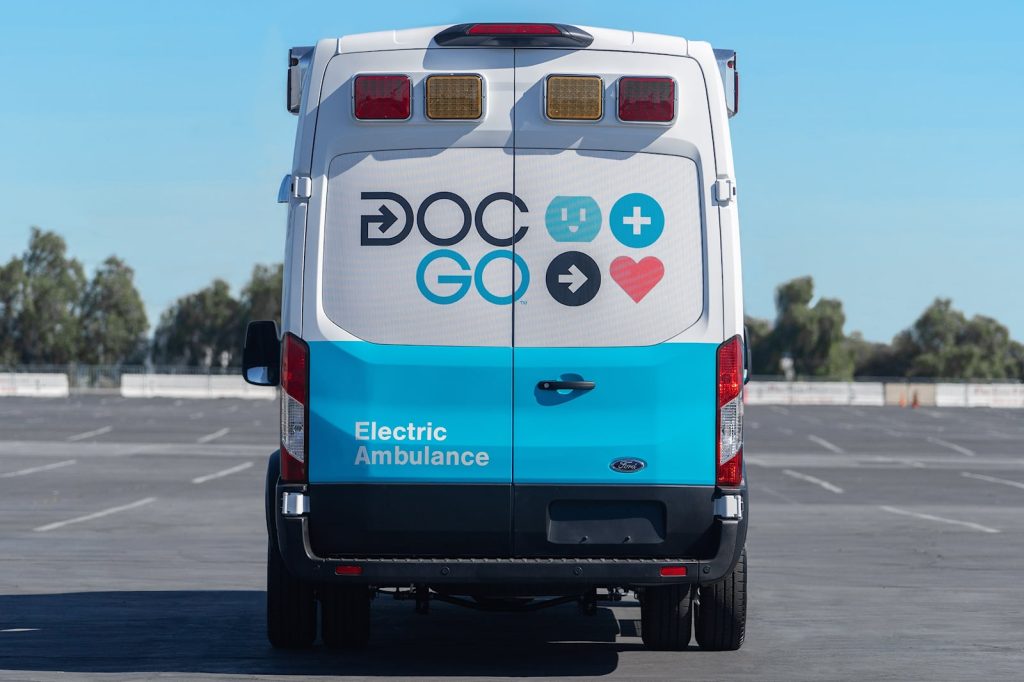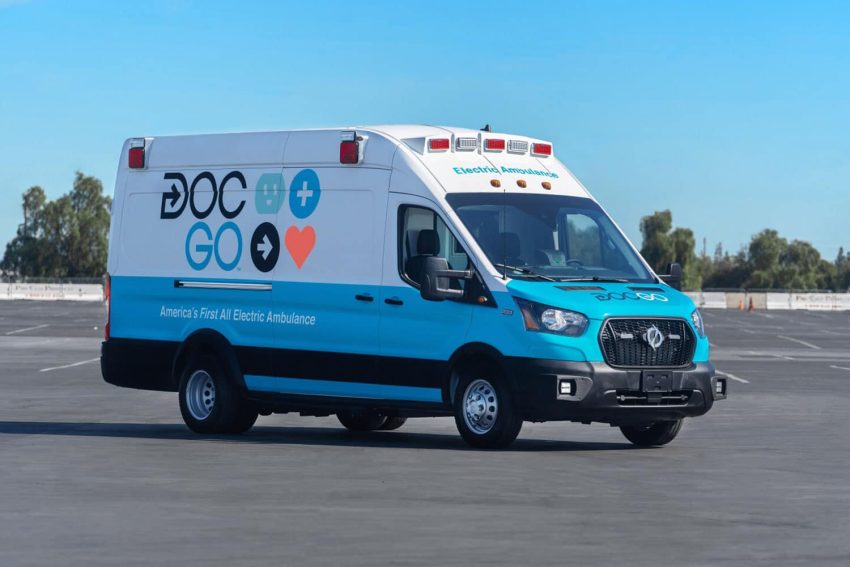Mobile health services have emerged as a transformative force, empowering individuals by leveraging the ubiquity of smartphones and the capabilities of mobile technology to enhance healthcare accessibility, efficiency, and personal empowerment. These DocGo services encompass a wide range of applications, from health monitoring to telemedicine, and play a crucial role in promoting proactive healthcare management.
One significant way DocGo mobile health services empower individuals is through real-time health monitoring. Smartphone applications and wearable devices enable users to track various health metrics, such as heart rate, sleep patterns, and physical activity. This constant stream of data empowers individuals to take charge of their health by gaining insights into their lifestyle and making informed decisions to improve overall well-being.
Telemedicine, another key component of mobile health services, facilitates remote consultations with healthcare professionals. This is particularly impactful for individuals in rural or underserved areas, providing them access to medical expertise without the need for extensive travel. Mobile health services break down geographical barriers, ensuring that medical advice and support are accessible to anyone with a smartphone.

Empowering individuals with knowledge is a cornerstone of mobile health services. Mobile apps offer a wealth of information on various health topics, medications, and lifestyle choices, allowing users to educate themselves about their conditions and treatment options. This democratization of information fosters a sense of empowerment, enabling individuals to actively participate in their healthcare decision-making process.
Moreover, mobile health services contribute to preventive care by delivering personalized health recommendations and reminders. Individuals receive notifications for vaccinations, medication adherence, and routine check-ups, fostering a proactive approach to healthcare management. This preventative aspect can lead to early detection of health issues, potentially saving lives and reducing the burden on healthcare systems.
Mobile health services empower individuals by providing real-time health monitoring, facilitating remote consultations, offering educational resources, and promoting preventive care. By putting health information and services at individuals’ fingertips, mobile health services contribute to a paradigm shift in healthcare towards personalized, accessible, and patient-centric solutions.
